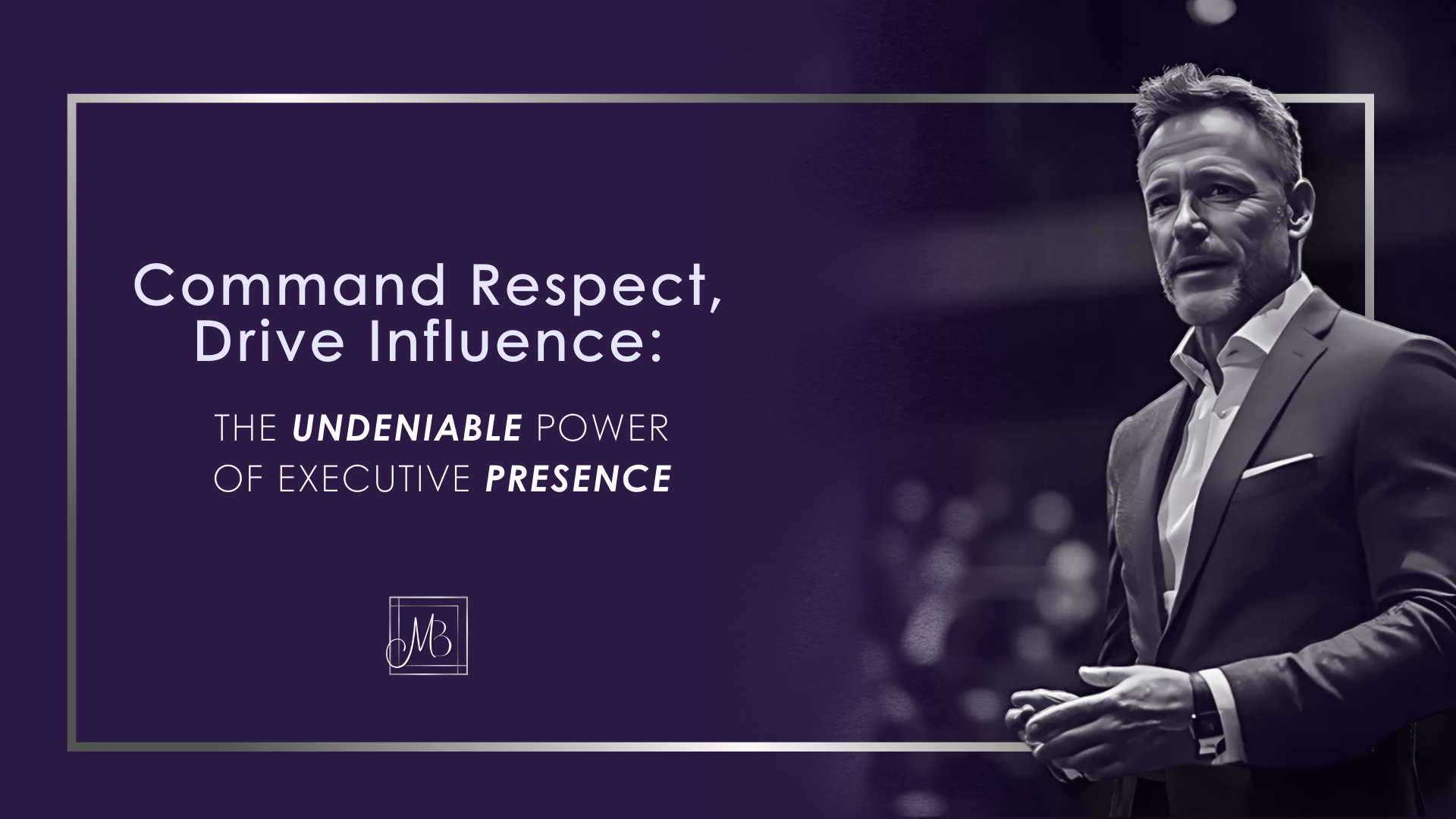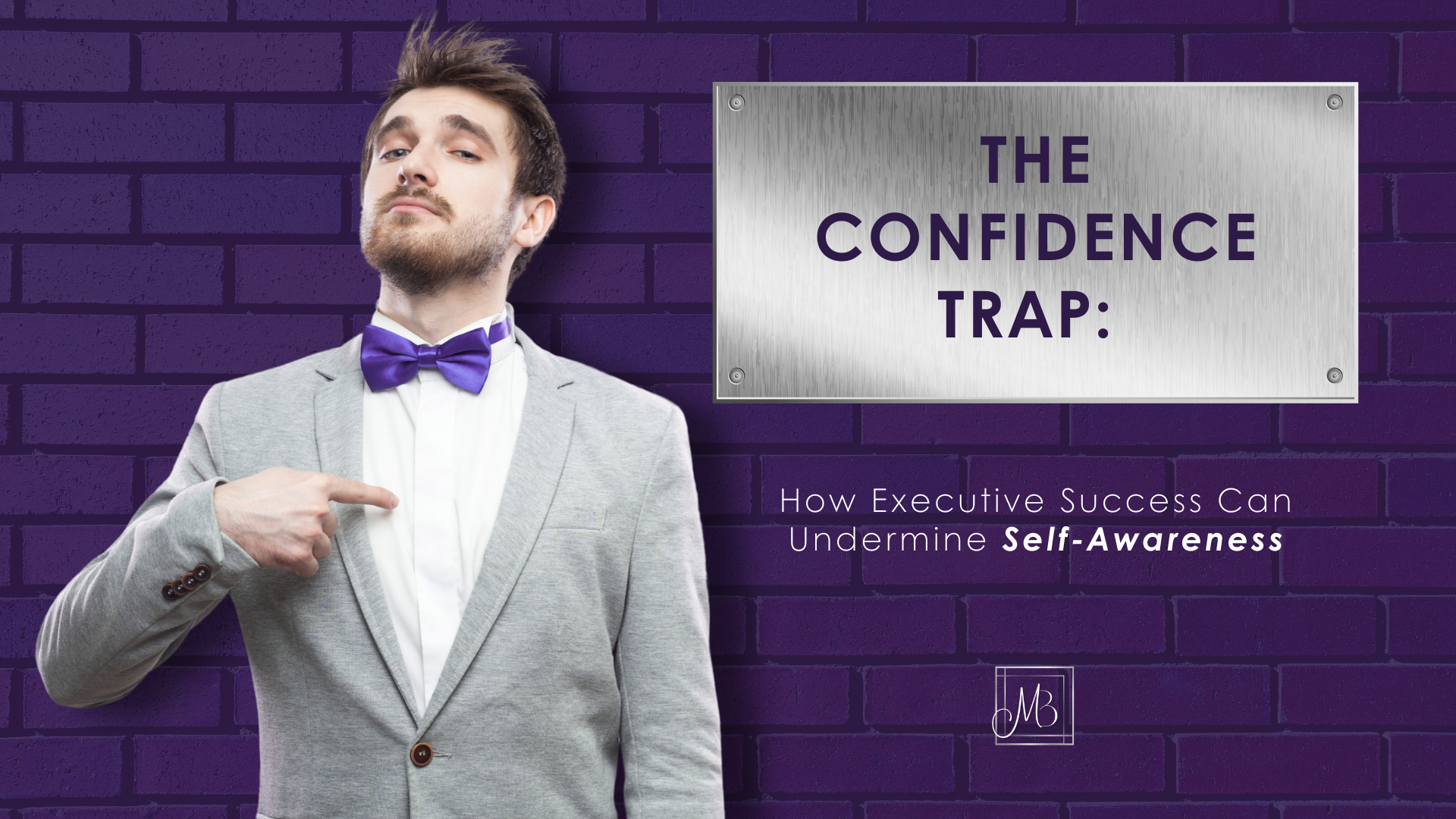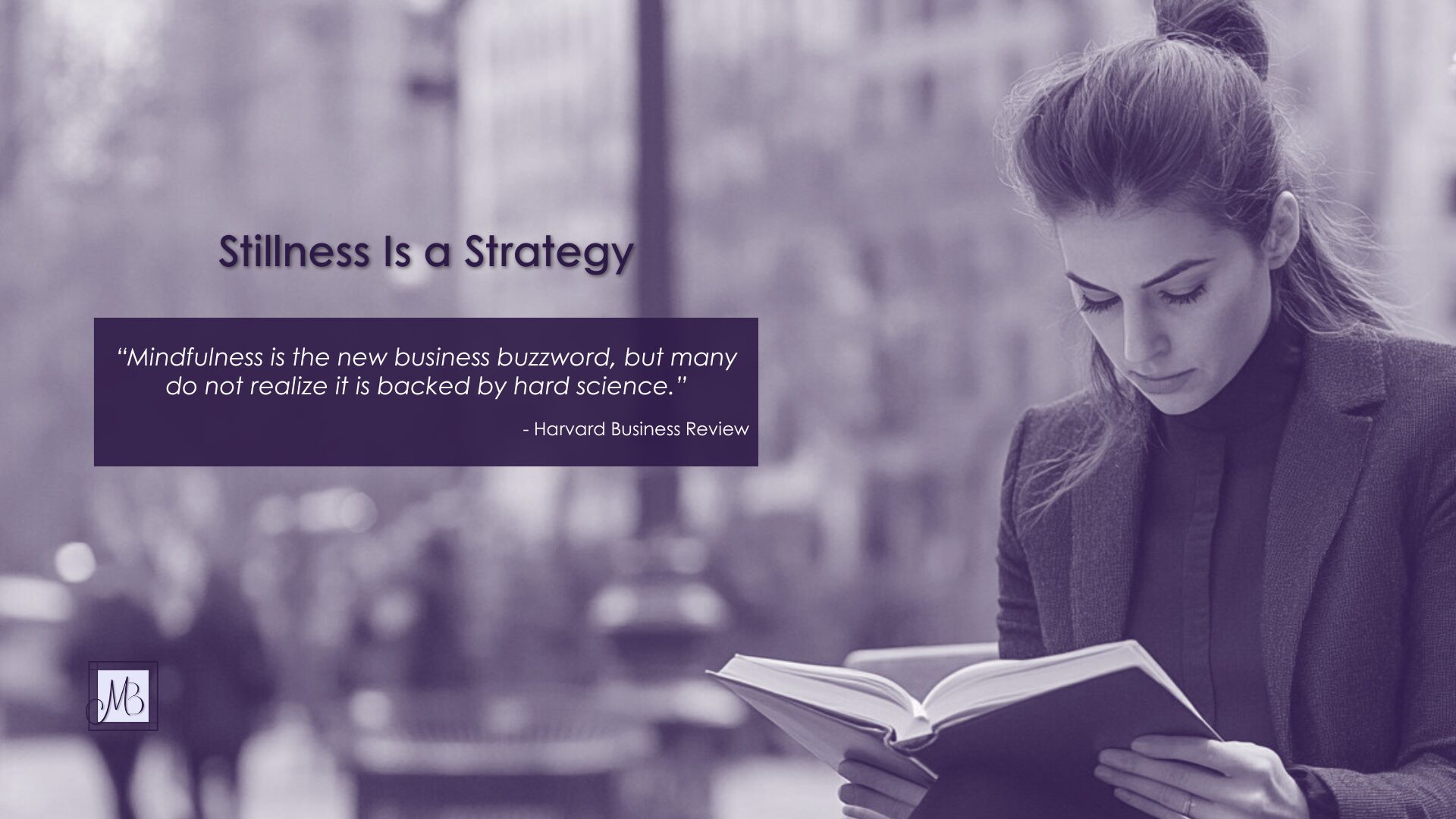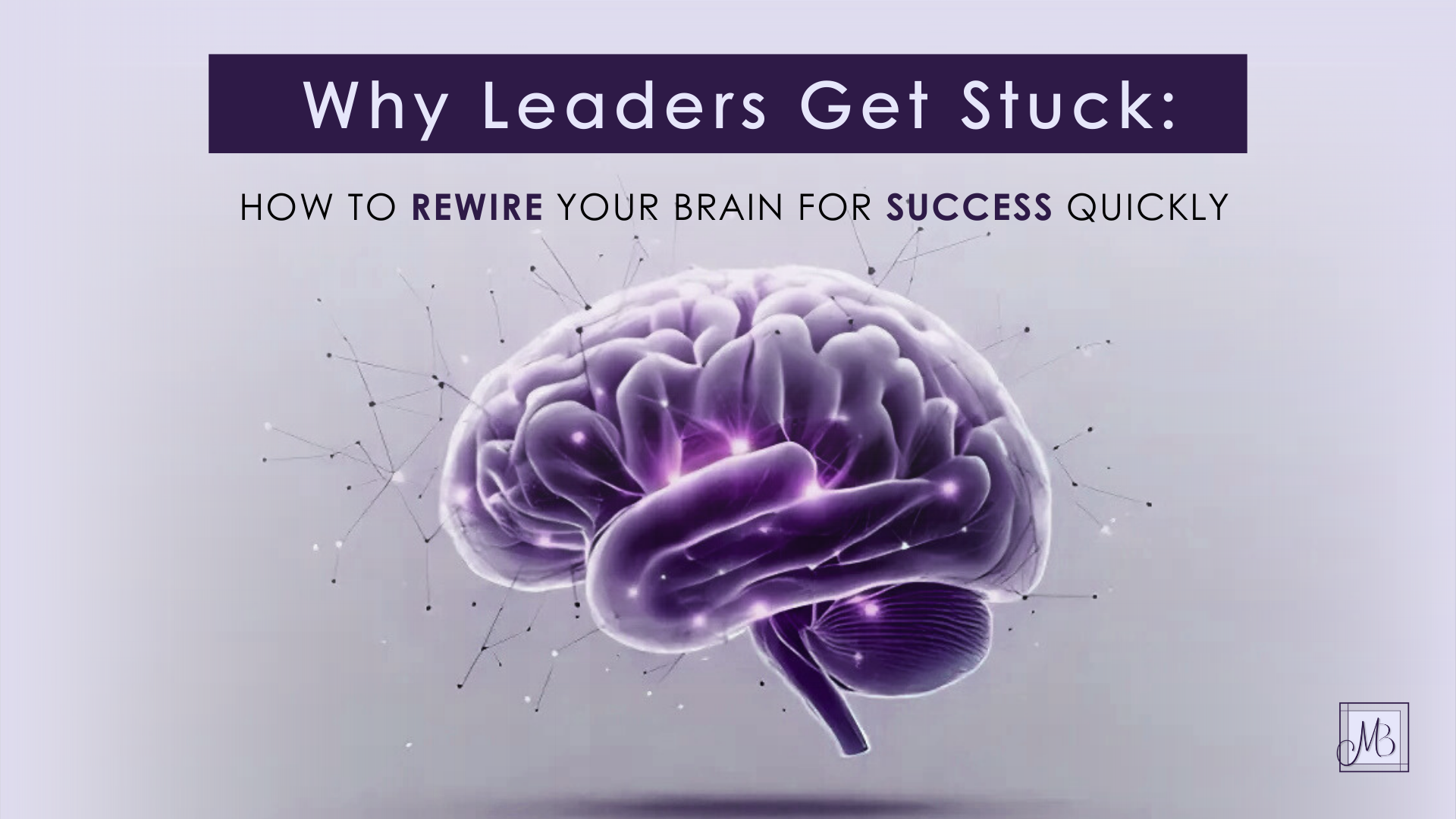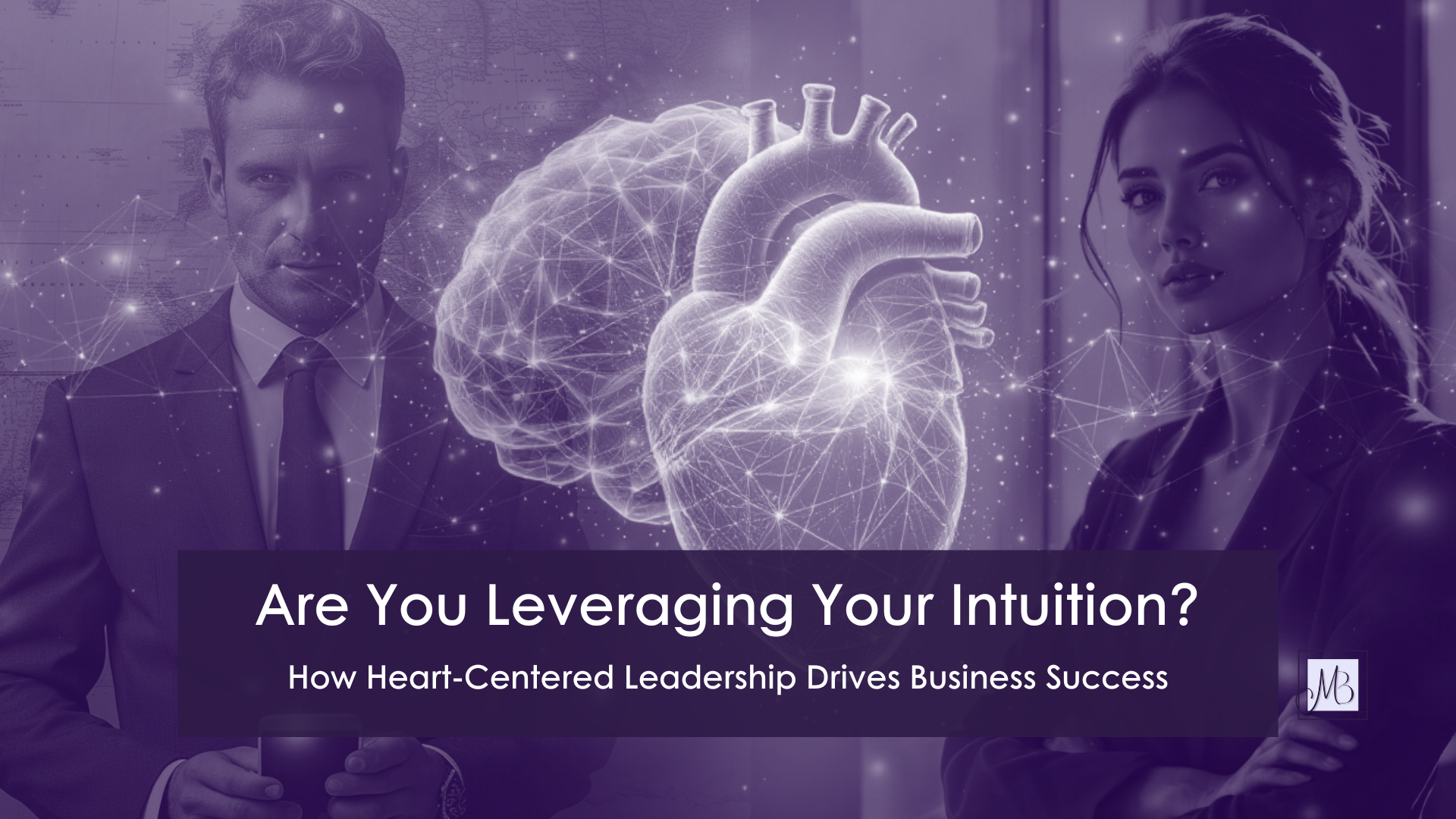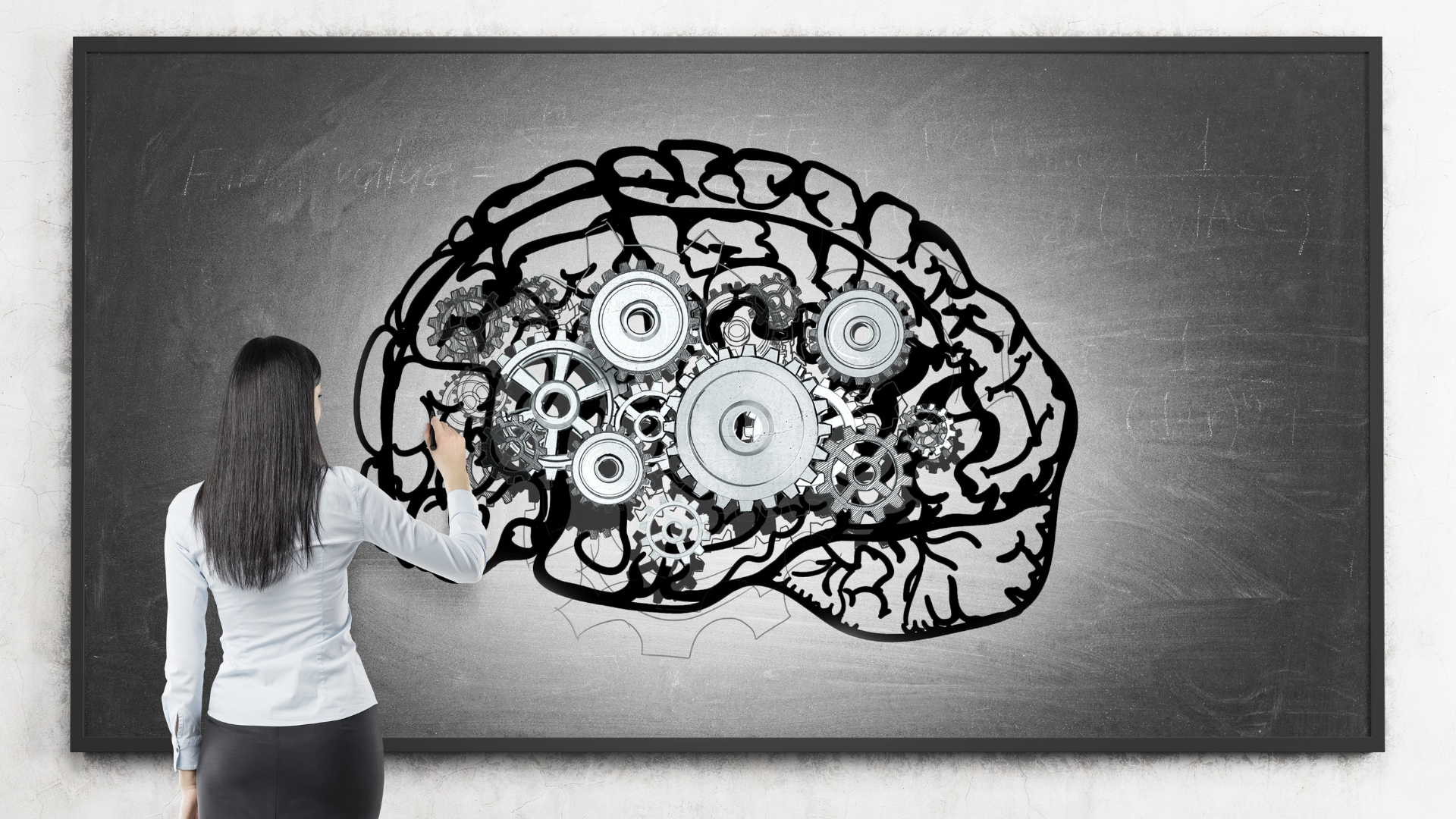At a global strategy summit in 2023, McKinsey & Company posed a deceptively simple question to 200 CEOs: “What’s getting in the way of better decisions?”
The top answer? Noise.
It’s not a lack of data or time. It’s an overload of competing signals—Slack messages, breaking news, stakeholder urgency, internal pressure, personal biases, past experiences, and the fear of failure- clouding clarity and accelerating poor decisions.
This isn’t just a productivity issue. It’s a leadership one. In a world where urgency masquerades as importance, discernment in leadership has become one of the most valuable and rare skills executives can master.
Yet few are taught how to develop it, and even fewer stop long enough to notice they’ve lost it.
Discernment Isn’t Instinct—It’s Discipline
Most leaders are trained to act quickly, evaluate and respond swiftly, and pivot when needed. But fast does not equal wisdom; decisiveness without discernment can cost teams dearly.
According to McKinsey’s “Decision-Making in the Age of Urgency” report, fewer than 25% of organizations are good at stopping bad decisions before they escalate. And more than 70% of senior leaders say their teams struggle to distinguish between urgent and important. [^1]
That confusion creates real risk: misallocated resources, initiative fatigue, eroded trust, and cultural instability.
What’s missing isn’t knowledge. It’s internal clarity. The kind of clarity that discernment provides, allowing a leader to quiet the noise and ask: What matters most—right now, long term, and for whom?
That question demands more than a gut feeling. It requires discernment. When leaders embrace discernment, they are empowered to make decisions that truly matter.
The Leadership Cost of Indiscriminate Decision-Making
In my work coaching senior leaders, one red flag shows up repeatedly: the reluctance to pause. When leaders feel pressure to react to everything—emails, board comments, competitors’ moves—they stop leading and start absorbing.
It doesn’t happen all at once. It’s a gradual erosion of presence, replaced by reaction:
- A CEO who can’t sleep without checking reports at midnight.
- A department head chasing every new “priority” until the team burns out.
- A founder second-guessing every decision, not because it’s wrong, but because they haven’t built the confidence to own it.
When leaders don’t discern, teams can’t prioritize. Everything feels urgent, and nothing feels clear. Eventually, people stop trusting the direction altogether.
Discernment Is an Executive Muscle—Here’s the Research
Contrary to the myth, discernment is not a personality trait. It’s a trained skill—deeply rooted in emotional intelligence, cognitive science, and reflective practice.
Let’s look at the research:
- A 2020 MIT Sloan study found that high-performing executives spend 50% more time exploring alternatives before making key decisions compared to their peers. That’s not hesitation—it’s discipline. [^2]
- Neuroscience tells us the prefrontal cortex, responsible for rational decision-making, is easily overridden by the amygdala during stress. Leaders under pressure often regress to fast, familiar patterns rather than thinking systemically. [^3]
- Daniel Goleman, author of Emotional Intelligence, identifies “emotional self-awareness” and “cognitive control” as critical to discerning when to act and when to wait. Leaders high in these competencies are more likely to achieve long-term success. [^4]
These findings reinforce a simple truth: great decision-makers don’t just know more—they notice more. And they notice differently.
Discernment in Real Time: A Field-Tested Approach
One of my most grounded clients—a COO in a high-growth SaaS firm—once told me she has a “thought audit” every Friday. Before heading into the weekend, she writes down her top five decisions from the week and evaluates three things:
- What triggered the decision (urgency, data, emotion, ego)?
- Was it necessary, or noise?
- Would she make the same decision again?
That reflection habit helped her uncover that over 40% of her “high-priority” responses were actually emotionally driven. Once she recognized the pattern, her decision-making became leaner, and her team became more confident.
So, how do you strengthen discernment in leadership without grinding decision speed to a halt?
Here’s a distilled, field-tested process I teach:
- Name the noise. What inputs are you responding to—metrics, fear, perception, or pressure? Labeling the source instantly changes how much weight you give it.
- Ask the one-question filter: “If we do nothing for 72 hours, what changes?” This helps separate time-sensitive from emotion-sensitive decisions. For instance, if the answer is ‘nothing significant changes’, it’s likely not an urgent decision and can be approached with more discernment.
- Grounded in values, not mood. Every organization has a stated vision, but few leaders use it as a real filter. If your decision doesn’t move the mission forward, it may not be yours to make.
This isn’t just about smarter decisions. It’s about regaining leadership presence—and modeling it for others.
Discernment Isn’t Hesitation. It’s Precision.
There’s a myth in business that confidence equals certainty. But some of the most respected leaders I’ve coached are the ones willing to say: “Let’s hold this for 24 hours.”
Not to avoid. But to assess.
Discernment isn’t slow. It’s exacting. It means knowing when to move fast—and when speed is a liability. It’s the discipline to pause, not because you’re unsure, but because you know that clarity compounds.
That kind of executive maturity isn’t built in the heat of the moment. It’s developed through self-awareness, strategy, and the emotional capacity to sit with ambiguity without defaulting to action.
Final Thought
In an economy driven by real-time data and constant pivoting, it’s easy to mistake reactivity for leadership. But the leaders who are shaping the future—the ones earning long-term trust, inspiring clarity, and creating impact—aren’t the ones who answer fastest.
They’re the ones who discern.
When your decisions are anchored in values and filtered through emotional intelligence, you don’t just move forward—you move forward with conviction.
Sources:
McKinsey: Decision-Making in the Age of Urgency





